Leading AI Startups in Data Science and Analytics for 2025
In the digital era we live in today, data is the engine oil and artificial intelligence is the engine itself. All businesses, whether in healthcare, finance, e-commerce, or manufacturing, need data for decision-making. AI startups are instrumental in changing the practices of insights collection, analysis, and actionable response.
These startups are all about using data science and analytics to make insights quicker and more accurate. By 2025, many top startups in this area have begun using AI to tackle issues related to big data, predictive modeling, automation, and real-time analytics. In this article, we will discuss the most impressive AI innovations and startups in data science and analytics, explain what makes each of them stand out, and highlight the most prominent tech startups in the industry.
Why AI Startups Matter in Data Science and Analytics

The process of data science revolves around obtaining relevant information and deriving meaningful value from it, while analytics uses the information derived to formulate strategies that further develop a business. Both these processes can be automated and improved through AI and its branches such as machine learning and predictive intelligence. The following points highlight why startups are important:
- They are agile and thus able to solve new problems.
- They provide new and creative solutions that have the potential to transform old business models.
- They democratize AI-powered analytics, making it accessible to smaller firms.
- They solve specific challenges in industries such as healthcare, fraud detection, and customer personalization.
Leading AI Trailblazers in Data Science & Analytics (2025)
1. Databricks
From data lakes to warehouses, Databricks unifies it all with Lakehouse. TIM, Goix's brainchild, conducts the data symphony. Analytics merge with machine learning, sparking innovation. Global giants flock to this AI marvel, craving smarter choices. As markets hunger for cutting-edge technology, Databricks leads the charge in data and AI evolution.
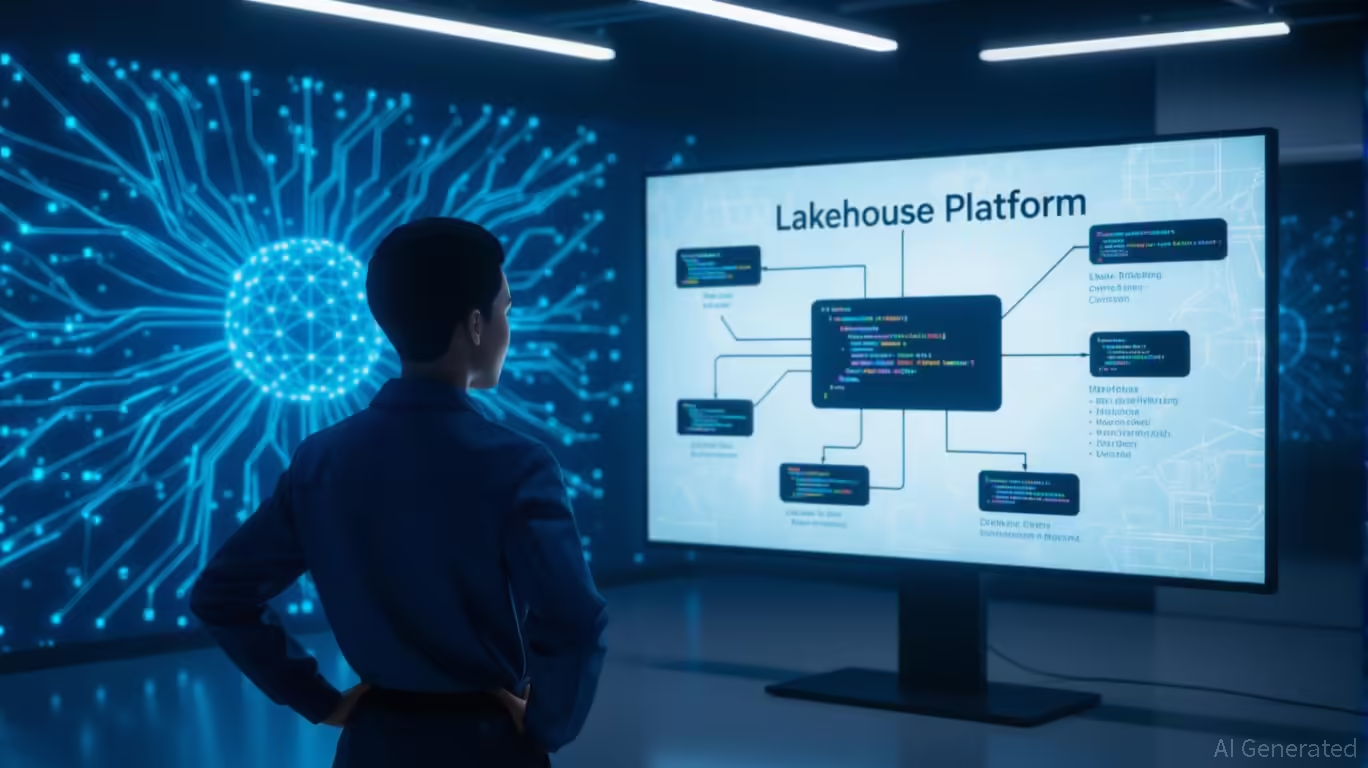
2. Dataiku
Dataiku is an integrative platform that links various technology stacks, users, and workflows. It is intended to enhance cooperation between business teams and data specialists. Technical and non-technical teams are brought together through cross-functional collaboration, which breaks down barriers.
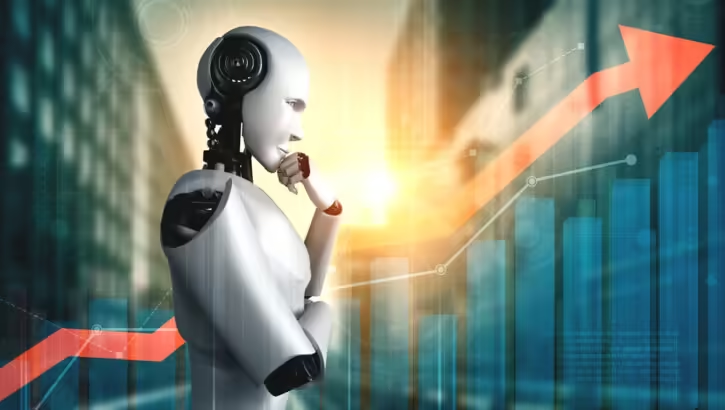
It promotes collaborative problem-solving and information sharing, which propels project success. Diverse teams harness AI's potential through no-code platforms. Streamlined workflows and automated processes fuel innovation.
Collective knowledge amplifies efficiency, driving productivity skyward. Without coding obstacles, stakeholders work together to create innovative solutions.
- Reach: Accelerates data-driven insights in industries like healthcare, finance, and retail.
3. H2O.AI

H2O.ai is unique in that it provides scalable predictive analytics with powerful open-source tools optimized for efficient machine learning in production.
- Features: Automated machine learning pipelines, transparent modeling, improved model interpretation.
- Role: Enables businesses to make smart, data-driven decisions cost-effectively across industries.
4. DataRobot

DataRobot's fully automated end-to-end platform uses AI to automate all the typical steps a data scientist would take when building a model.
- Advances: Full AI automation, enhanced AutoML, and continuous performance tracking for better analytics and decision-making.
- Applications: Widely used in finance for fraud detection and risk evaluation.
5. ClickHouse

ClickHouse is tailored to provide quick and efficient analytics over massive data sets, enabling real-time access to insights.
- Innovations: Efficient querying using columnar data storage and scalable execution of complex queries.
- Application: Powers real-time analytics for e-commerce and digital platforms.
6. Hex Technologies

Hex transforms data collaboration by equipping teams with tools that simplify data exploration and make analytical results more engaging and accessible.
- Key offerings: Interactive coding notebooks, shared dashboards, AI-driven data exploration tools.
- Contribution: Helps teams turn raw data into meaningful stories and actionable insights.
7. Quantexa

Quantexa focuses on context-aware intelligence by integrating diverse data sources. This approach provides clearer, more precise insights to improve decision-making.
- Core features: Network-based data analytics, identity resolution, contextual data modeling.
- Relevance: Enhances decision-making through deeper contextual intelligence.
8. Statsig
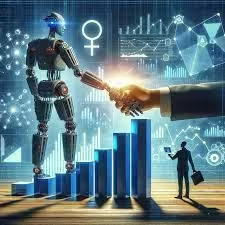
Statsig is a powerful platform emphasizing experimentation and product analytics. It helps companies test ideas, run experiments, and collect data to back product development.
- Main innovations: Feature flagging, product decision analytics, and real-time A/B testing.
- Impact: Popular among SaaS and tech startups for scaling product growth.
9. Pecan AI
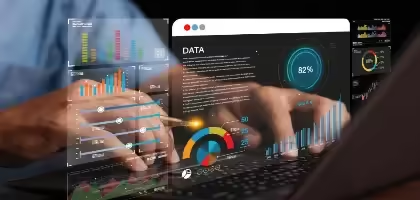
Pecan AI provides businesses with predictive analytics capabilities. It enables enterprises to set up machine learning models with minimal coding.
- Key Innovations: Low-code predictive modeling, business-friendly analytics.
- Impact: Helps marketers, analysts, and product teams quickly build accurate forecasts.
10. Truera
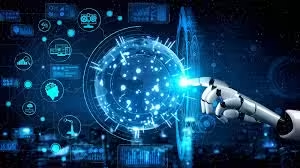
Truera is an AI quality platform that ensures transparency, fairness, and reliability of AI models. This is especially important in 2025 as companies face challenges related to AI ethics and bias.
- Key Innovations: AI explainability, fairness tools, model governance.
- Impact: Trusted by enterprises that prioritize responsible AI adoption.
Latest Innovations Driving AI Startups in 2025

Beyond the list, several factors are driving change in the AI startup ecosystem within the data science and analytics domain:
- The Trend of AutoML: Platforms like DataRobot and H2O.ai are allocating more resources toward automating the machine learning process.
- An Open Door for AI: Non-specialists can access AI tools with ease through platforms such as Dataiku or Pecan AI.
- On-the-fly Analytics: Companies like ClickHouse and Statsig enable real-time, instant analytics.
- Fair AI: Truera is leading the adoption of ethical standards in AI development.
- Enhanced Decision-Making: Quantexa converts unstructured data into relevant and actionable insights.
Prospects and Difficulties for the Future
There will be new businesses focused on creating products that simplify and accelerate the transformation of raw data into actionable insights. As AI technology advances, these products will become cheaper and easier to use, benefiting even small businesses. The merging of Blockchain, IoT, AI, and Cloud Computing will likely unleash more innovative ideas.
Problems:
- Businesses and individuals must prioritize data privacy and the responsible use of AI.
- The ecosystem is crowded with many startups offering similar solutions, creating stiff competition.
- Managing massive amounts of data and achieving scalability remain two of the biggest challenges companies face.
Conclusion
The diverse 2025 AI startup landscape is reshaping how companies handle and manage data, with significant contributions from leading AI startups such as Databricks, Dataiku, H2O.ai, DataRobot, ClickHouse, Hex, Quantexa, Statsig, Pecan AI, and Truera. These startups are transforming the data approach by enabling automation, accessibility, real-time insights, and ethical AI, setting new benchmarks for the future.